This is good news for travellers who seek more than greasy gyros and sticky ouzo (though there’s plenty of that if you want it) – in Athens you’ll not only unearth amazing produce but discover the secret of longevity and healthier eating. Here are seven culinary reasons why you need to make the Greek capital your next holistic dining destination.
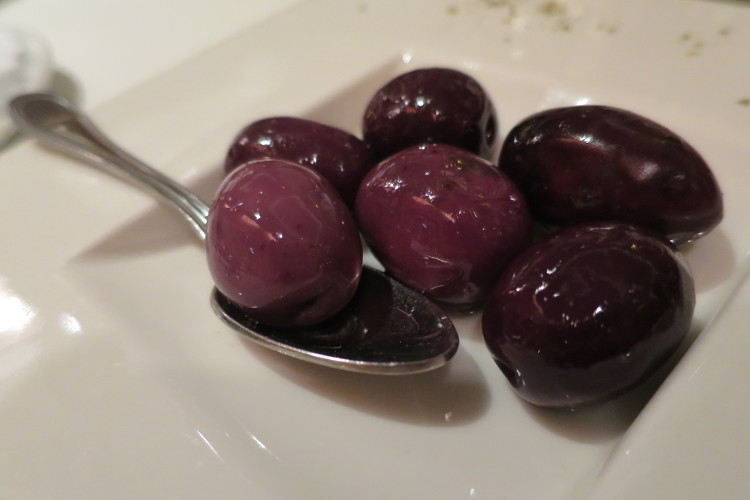
A staple of Greek cuisine and the Mediterranean diet, olive oil is loaded with antioxidants and healthy monosaturated fats. Its health benefits are unparalleled, minimising inflammation in the body, lowering cholesterol and blood pressure, and reducing cancer risk. Although Greece ranks third (behind Spain and Italy) in world olive oil manufacturing, it’s actually the top olive producer. Greece dedicates 60% of its land to olive trees, with 50 different species of olives grown. And you can’t argue with Athens’ most famous chef: Masterchef judge and owner of one-Michelin-starred Varoulko, Lefteris Lazarou is considered the Greek ambassador for olive oil.
Discover more: Museum of Greek Gastronomy (four-course set menu with meat £24, without meat £22) doesn’t cook with any butter at all, only olive oil. Keen to preserve Athens’ culinary traditions and to inspire children and adults to adopt a healthier diet, this not-for-profit, two-storey museum–cafe opened in June 2014, just around the corner from the markets, where the chefs find their daily inspiration. It’s where tales of culture and history meet gastronomy with a modern twist.
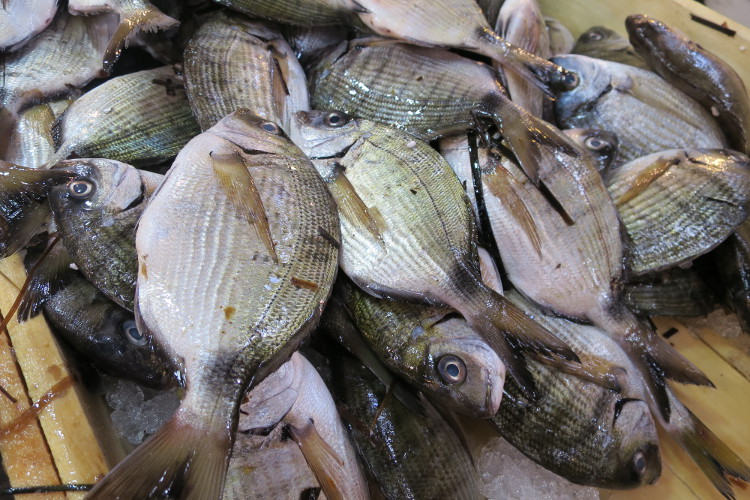
Legend has it that Poseidon, god of the sea, blessed the Athenians with a plentiful array of fish and seafood and they returned the favour, building the Temple of Poseidon in tribute. As the city is located within the region of Attica, which edges into the Aegean Sea and boasts the picturesque Saronic Gulf to the south, this is certainly seafood paradise. You’ll always be eating the day’s fresh catch, bursting with omega-3 fatty acid, which helps lower cholesterol and blood pressure and assists in reducing blood clots.
Discover more: Varvakios Agora (42 Athenas St; open 6am to 6pm, except Sunday) is Athens’ bustling Central Meat and Fish Market. With its cacophony of sounds and smells, swinging carcasses and glossy fish, and stallholders shouting their wares, it’s a feast for the senses. There are also strict rules underpinning trade as per Greek Commercial Law: all fish and freshly cut meat must be sold on the same day, so it’s not unusual to find chefs from nearby restaurants and taverns coming for a deal as the clock veers towards 6pm. There is an incredible variety of produce on offer (usually 35% to 50% cheaper than at supermarkets), so snap up some fresh sardines, prawns, octopus, salmon or – if you’re so inclined – an entire cow’s head.
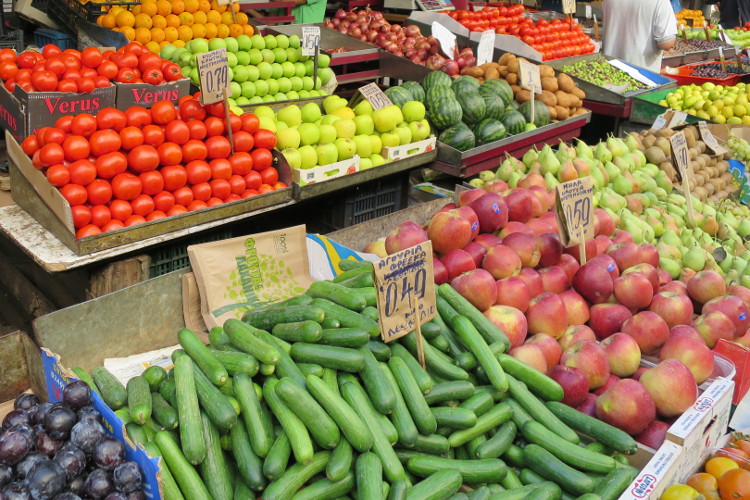
Not only do the Greeks believe in the importance of fresh fruit daily, vegetables are considered a vital food source on their own, rather than a secondary player to a meat dish. It’s not unusual for Greeks to eat six servings a day of fruit and vegetables. Given that there are 177 different types of greens grown in Greece alone, it’s easy to see why absorbing a variety of vitamins and minerals from minimally processed, organic produce is easy to achieve.
Discover more: Visit the vibrant Fruit and Vegetable Market (Armodiou St) for row upon row of multicoloured displays: fresh figs, peppers, artichokes, peaches – if it’s seasonal and brimming with goodness, it’s here.
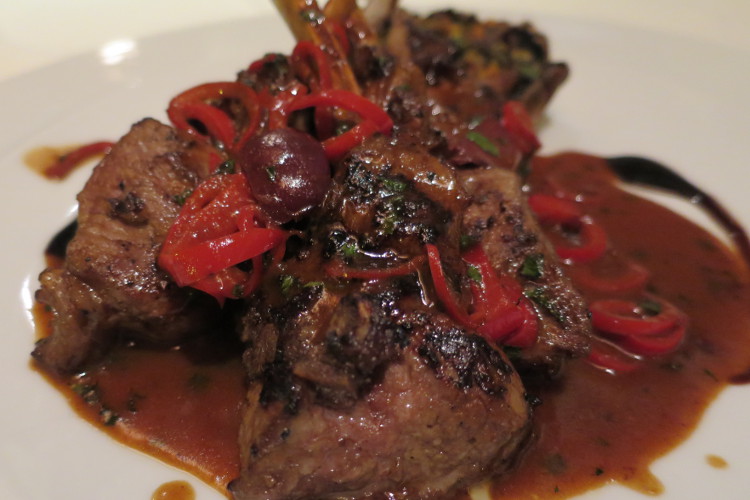
The Greeks have long believed in honey’s medicinal properties. More than just a sweetener, honey is considered a healing tonic, with antibacterial and antifungal properties. It’s just as likely to be used in glazes for meat and fish dishes as administered as a salve for burns, scalds or sore throats. Haroupomelo, otherwise known as carob honey, is an extremely nutritious superfood, carrying three times more calcium than milk, as well as iron, phosphate, potassium, magnesium, and vitamins A, D and B complex. Attiki honey is produced by bees that feast on the aromatic wild thyme on Mt Hymmetos near Athens. Intriguingly, it was revealed that thyme honey is a key ingredient in what the Greeks consider their ‘Viagra recipe’, along with Greek yoghurt and walnuts. You’ve been warned!
Discover more: For authentic thyme honey, try Lesvos Shop (27 Athenas St) or Zouridakis Cretan Store (25 Evripidou St), just a short stroll from the Central Meat and Fish Market.
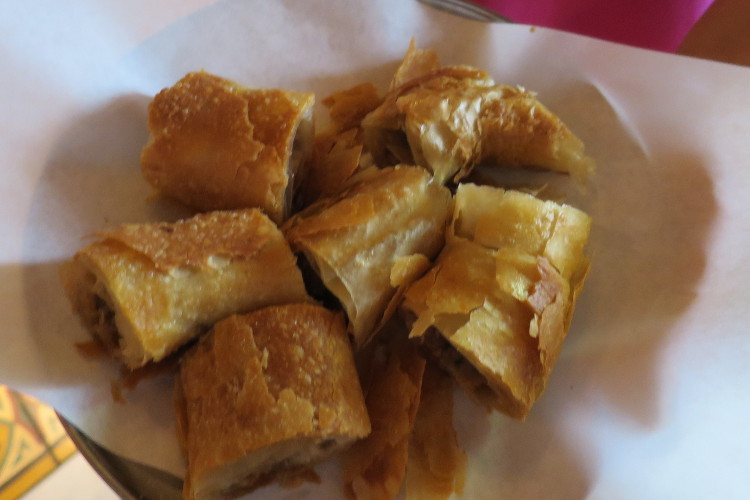
Greece currently has 100 products that have been awarded Protected Designation of Origin (PDO) status. To achieve PDO, products must be manufactured traditionally and entirely within Greece, ensuring their unique qualities and protecting the reputation of authentic, regional foods. The honour has gone to 20 different Greek cheeses, 30 olive oils, 30 types of fruit, vegetables and pulses, 10 different olives, and 10 other products such as fish roe and varieties of honey, just to name a few.
Discover more: Feta is one of many Greek PDO-endorsed cheeses. Try it drizzled with thyme honey and olive oil, or why not indulge in a melted-cheese savoury bougatsa at Bougatsadiko (1 Irron Sq), a traditional pie shop. You won’t be able to stop at one piece.
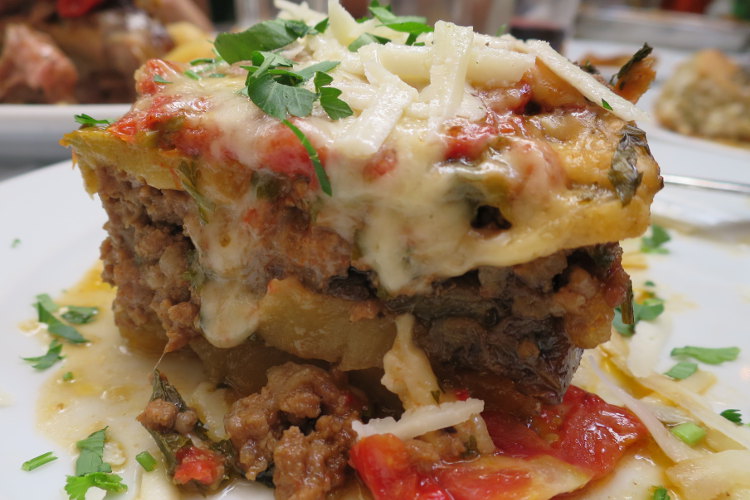
Traditionally Greek families were very large and maintained an agricultural or rural lifestyle. With Greek farms operating like small factories – the entire family chipping in to make cheese, yoghurt, clothes and all of life’s necessities – there was little time to make complicated meals. Culturally this philosophy continues today, with simplicity being the main feature of Greek cuisine. Focusing on minimal yet fresh, quality produce, maximises the nutrients received.
Discover more: Take a cooking class at Klimataria Greek Tavern with the charismatic Maria Sotou who, along with other pearls of wisdom, refers to mint and dill as the brother and sister of Greek cooking, and leek and spring onion as the mother and father. Courses are arranged via Athens Walking Tours (daily courses 90 minutes £35, three hours £63) and, most importantly, you get to relax and enjoy the fruits of your labours at the end of the lesson!
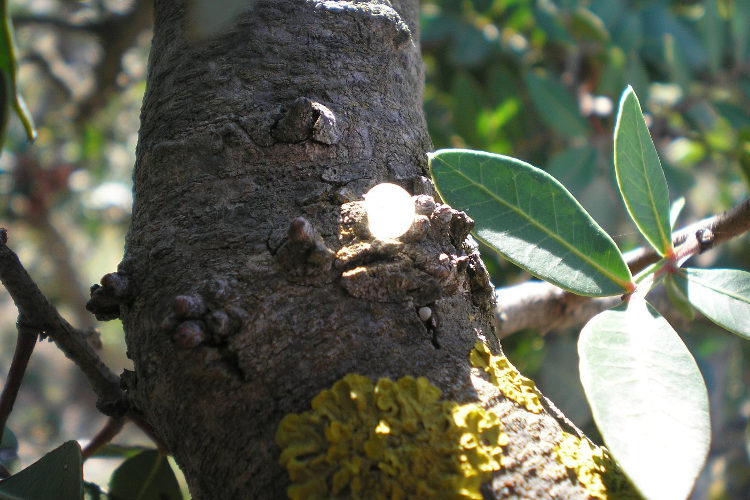
Containing antioxidants, antibacterial and antifungal properties, mastic beats ordinary chewing gum hands-down. It is also thought to cure peptic ulcers and lower cholesterol. The Greek island of Chios is the only place in the world where you can find the mastic tree: the sap forms droplets that harden into crystals that are odourless and essentially tasteless, but can be softened in the mouth and chewed like gum. So powerful are mastic’s properties that various universities have tried to grow the mastic tree in places with similar climates, but failed. Whatever hold Chios has on the mastic tree remains a mystery. Mastic has been harvested on Chios for over a thousand years and it’s also endorsed with PDO distinction.
Discover more: Try mastic at Fotsis (39 Evripidou St), an aromatic store with a huge range of herbs and spices. Also don’t miss the organic Greek saffron and some of the enticing herbal teas, such as ‘Trojan War’: a blend of green tea, cinnamon, cardamom, dried orange, apple and pink pepper.